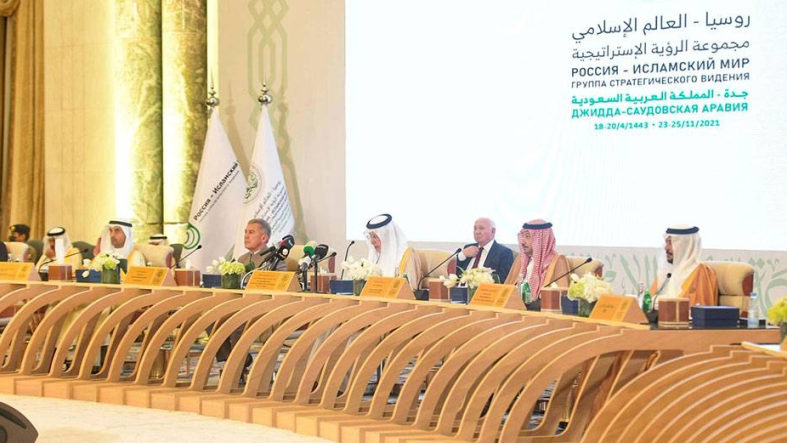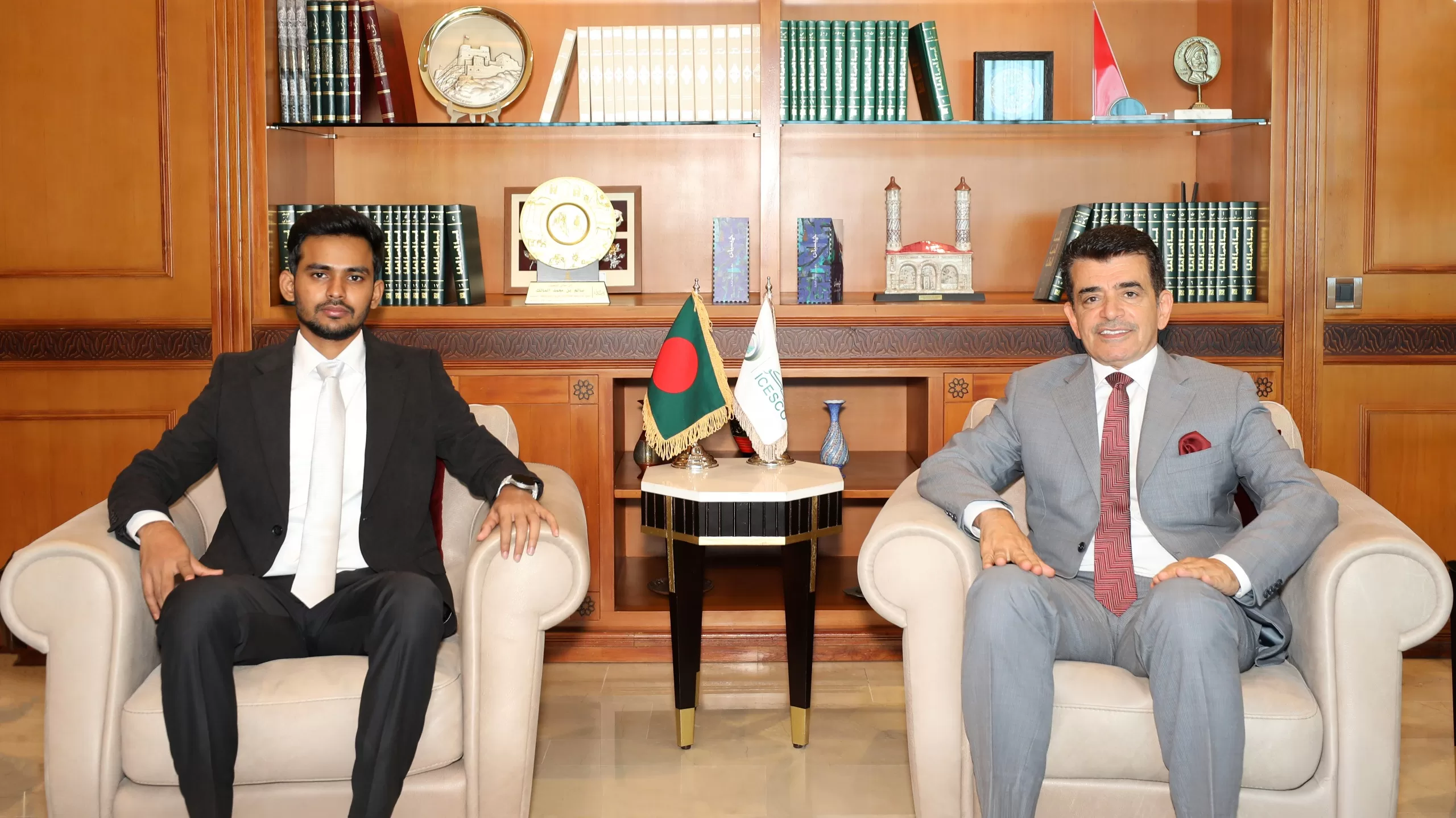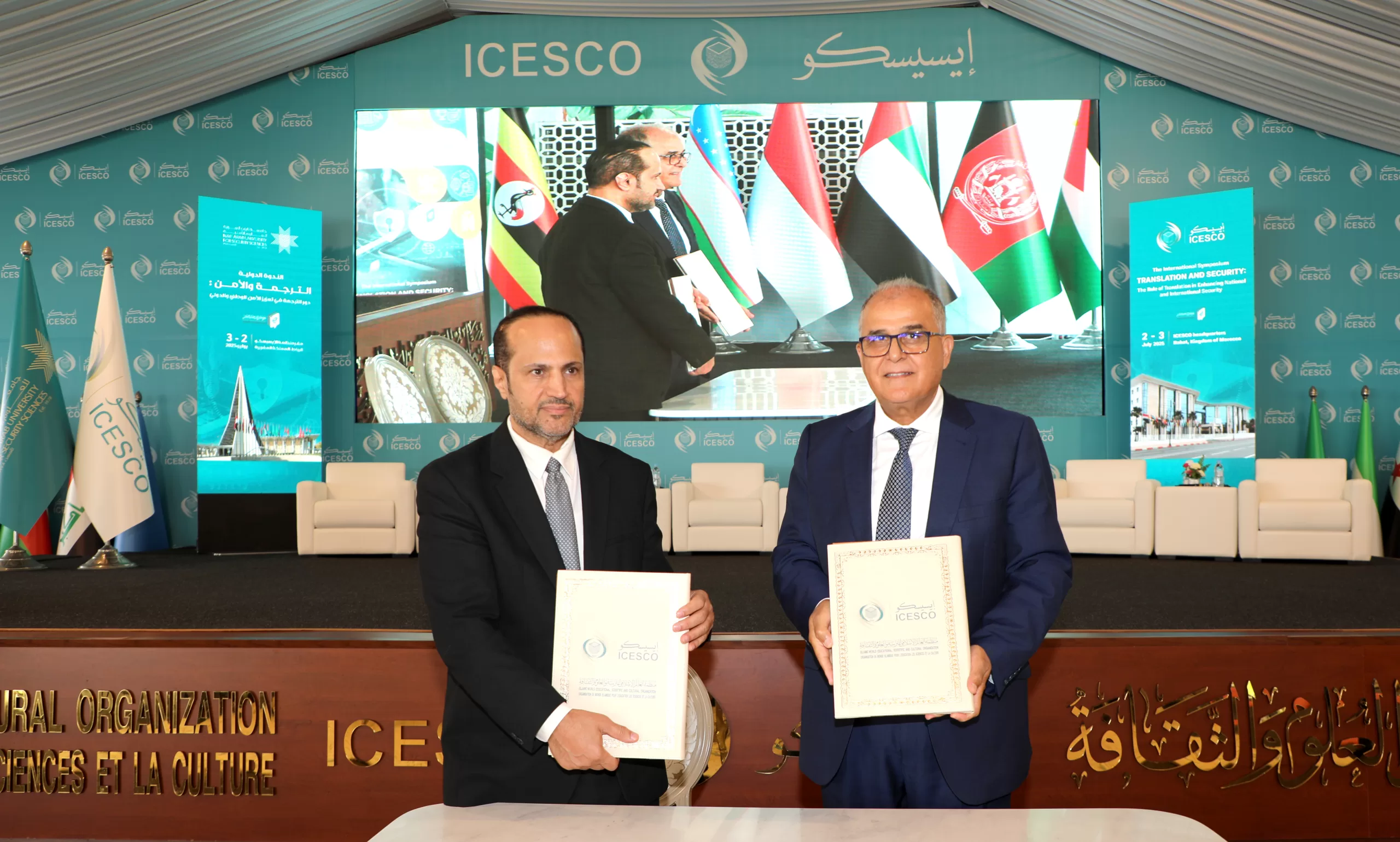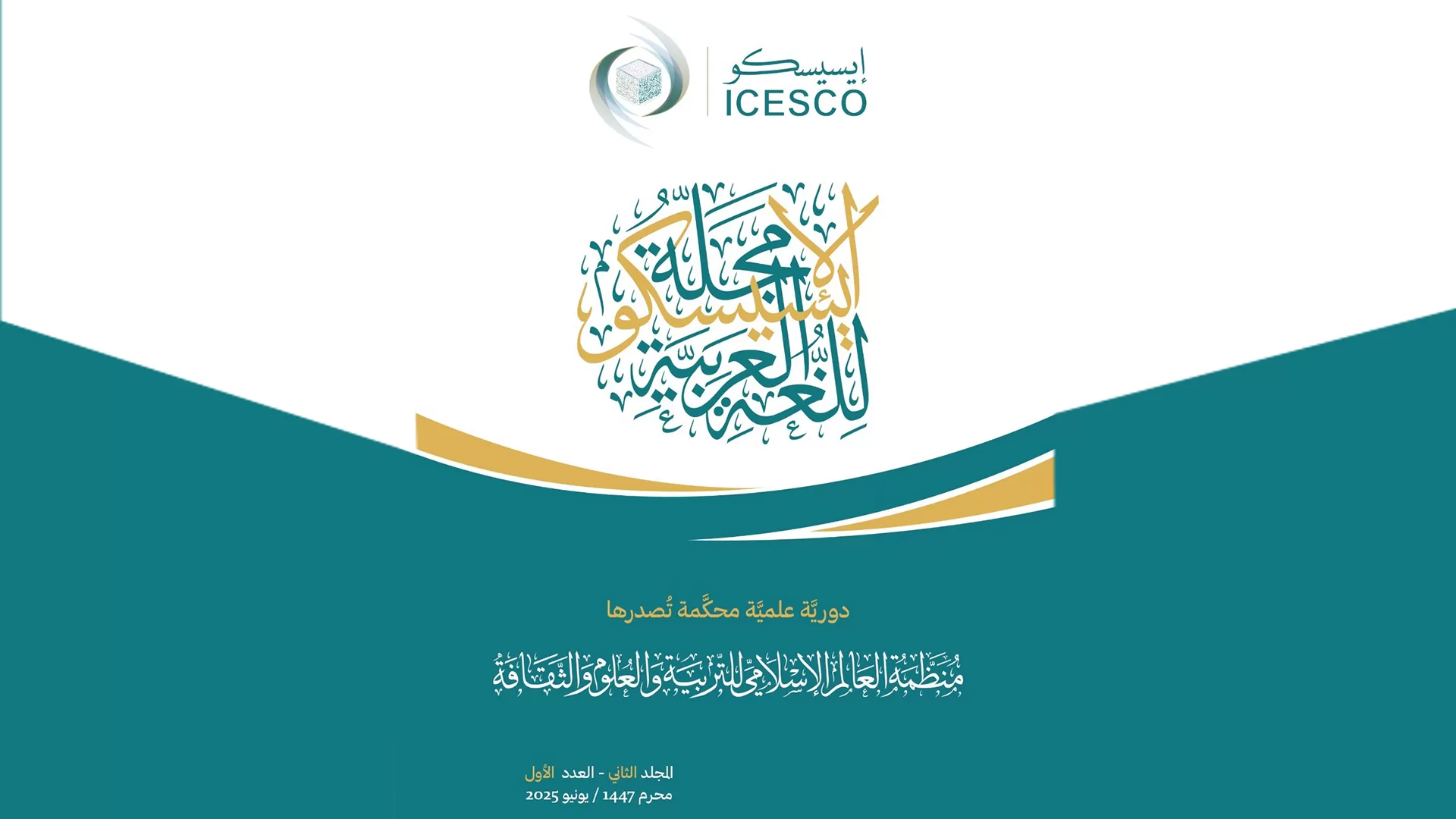
ICESCO Participates in Meeting of Strategic Vision Group “Russia and the Islamic World”

25 November 2021
The Islamic World Educational, Scientific and Cultural Organization (ICESCO) participated in the meeting of the Strategic Vision Group “Russia and the Islamic World”, being held under the patronage of the Custodian of the Two Holy Mosques, King Salman bin Abdulaziz Al Saud, in Jeddah, under the theme “Dialogue and prospects for cooperation.” His Royal Highness Prince Khalid Al-Faisal, Adviser to the Custodian of the Two Holy Mosques, Governor of Makkah Al-Mukarramah Region, opened the meeting, on Thursday, November 24, 2021, in the presence of H.E. Rustam Minnikhanov, President of Tatarstan, Chairman of the Strategic Vision Group, as well as several ministers, officials and scholars from the Russian Federation and the Muslim countries.
In his intervention during the three-day meeting, Dr. Kais Hammami, Director of ICESCO Center of Strategic Foresight, stressed that ensuring a sustainable future, in the context of the rapid pace of change worldwide, requires considering the possible scenarios, avoiding the past mistakes and setting the future trends that will shape the future of the Islamic world.

He also indicated that ICESCO is mobilizing its expertise and resources to support its Member States and has made great efforts since the outbreak of the Covid-19 pandemic to mitigate its repercussions, help the Member States overcome this crisis, and enhance their efforts to achieve sustainable development and build prosperous societies.
He added that ICESCO, within the framework of its new vision, adopted a proactive and anticipatory approach, from foresight to strategic planning, to promote a culture of foresight and support the efforts of Muslim countries in developing their various systems. This further stresses that foresight goes beyond the conventional development models to consider any signals, the emerging trends and the potential development paths as foresight’s ultimate objective consists in guiding decision-making by exploring future trends and potential challenges.
Dr. Hammami underlined that the forward-looking and flexible policies aim to develop new development models to achieve further development in the Islamic world.




